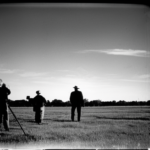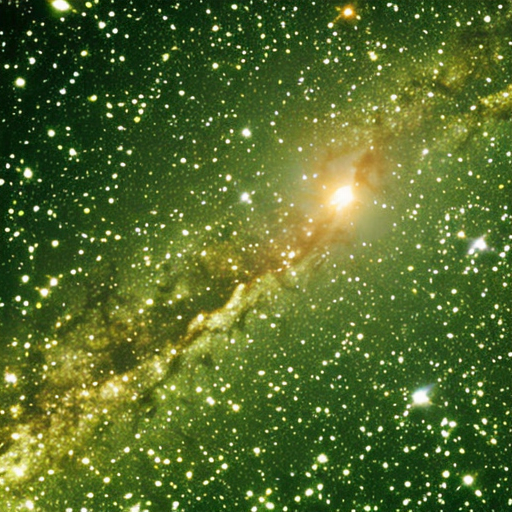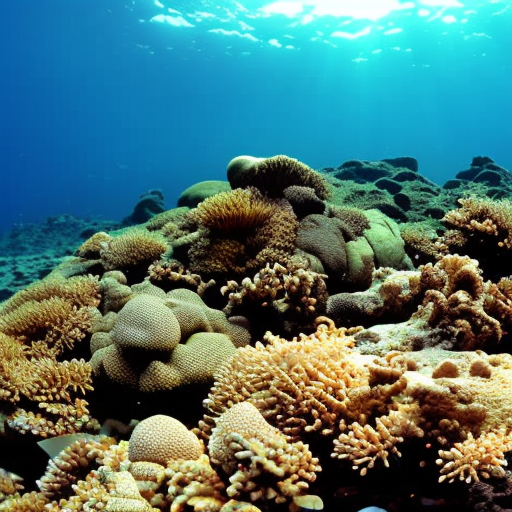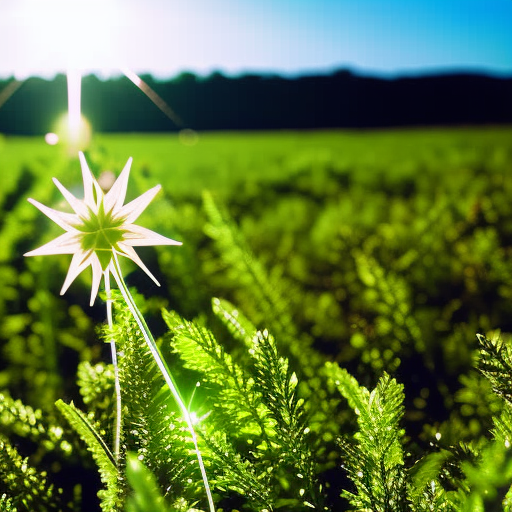Summary:
Conservation ecology is a branch of ecology that focuses on the preservation and management of ecosystems and biodiversity. It involves studying the interactions between organisms and their environment, as well as developing strategies to protect and restore natural habitats. Conservation ecologists work to understand the impacts of human activities on ecosystems and find ways to mitigate these effects. They also play a crucial role in developing conservation plans and policies to ensure the long-term sustainability of our planet.
Understanding Conservation Ecology:
Conservation ecology is a multidisciplinary field that combines elements of biology, ecology, genetics, and environmental science. It aims to address the ongoing loss of biodiversity and the degradation of ecosystems caused by human activities such as habitat destruction, pollution, climate change, and overexploitation of natural resources.
Importance of Conservation Ecology:
Conservation ecology is essential for maintaining the balance of ecosystems and preserving the Earth’s biodiversity. Ecosystems provide numerous benefits to humans, including clean air and water, food, medicine, and climate regulation. By studying the relationships between organisms and their environment, conservation ecologists can identify the key factors that contribute to the stability and resilience of ecosystems.
Conservation Strategies:
Conservation ecologists employ various strategies to protect and restore ecosystems. These strategies include:
- Habitat conservation: Protecting and managing natural habitats to ensure the survival of species and the maintenance of ecosystem functions.
- Species conservation: Focusing on the preservation of endangered species through captive breeding programs, habitat restoration, and protection from poaching and illegal trade.
- Restoration ecology: Rehabilitating degraded ecosystems by reintroducing native species, controlling invasive species, and implementing sustainable land management practices.
- Conservation genetics: Using genetic techniques to study the population structure, genetic diversity, and evolutionary potential of species, which helps in designing effective conservation strategies.
- Protected areas: Establishing and managing protected areas, such as national parks and wildlife reserves, to safeguard biodiversity and provide spaces for scientific research and education.
- Community-based conservation: Involving local communities in conservation efforts by providing incentives for sustainable resource use and involving them in decision-making processes.
Challenges and Future Directions:
Conservation ecology faces numerous challenges, including limited funding, political conflicts, and the need for interdisciplinary collaboration. Additionally, the impacts of climate change pose new threats to ecosystems and require innovative approaches to adaptation and mitigation.
The future of conservation ecology lies in the integration of traditional ecological knowledge with modern scientific techniques. This includes using remote sensing and GIS technologies to monitor and assess changes in ecosystems, as well as incorporating social and economic factors into conservation planning.
Furthermore, conservation ecologists are increasingly recognizing the importance of engaging with local communities and stakeholders to ensure the success of conservation initiatives. By involving people in decision-making processes and addressing their needs, conservation efforts can be more sustainable and effective.
In conclusion, conservation ecology plays a vital role in protecting and managing ecosystems and biodiversity. By understanding the complex interactions between organisms and their environment, conservation ecologists develop strategies to mitigate the impacts of human activities and ensure the long-term sustainability of our planet. Through habitat conservation, species preservation, restoration ecology, and other strategies, conservation ecologists strive to maintain the balance of ecosystems and safeguard the Earth’s biodiversity for future generations.












